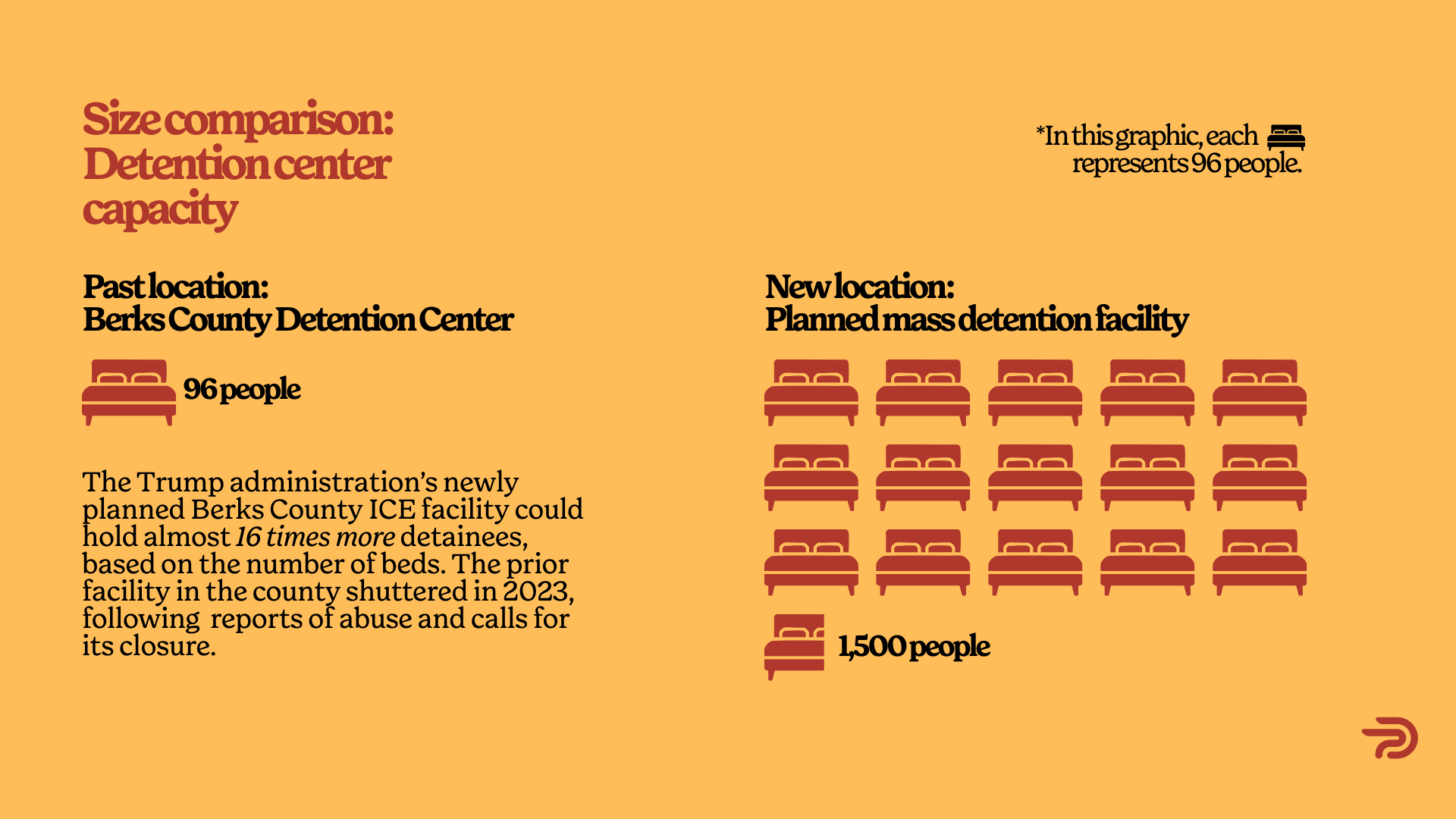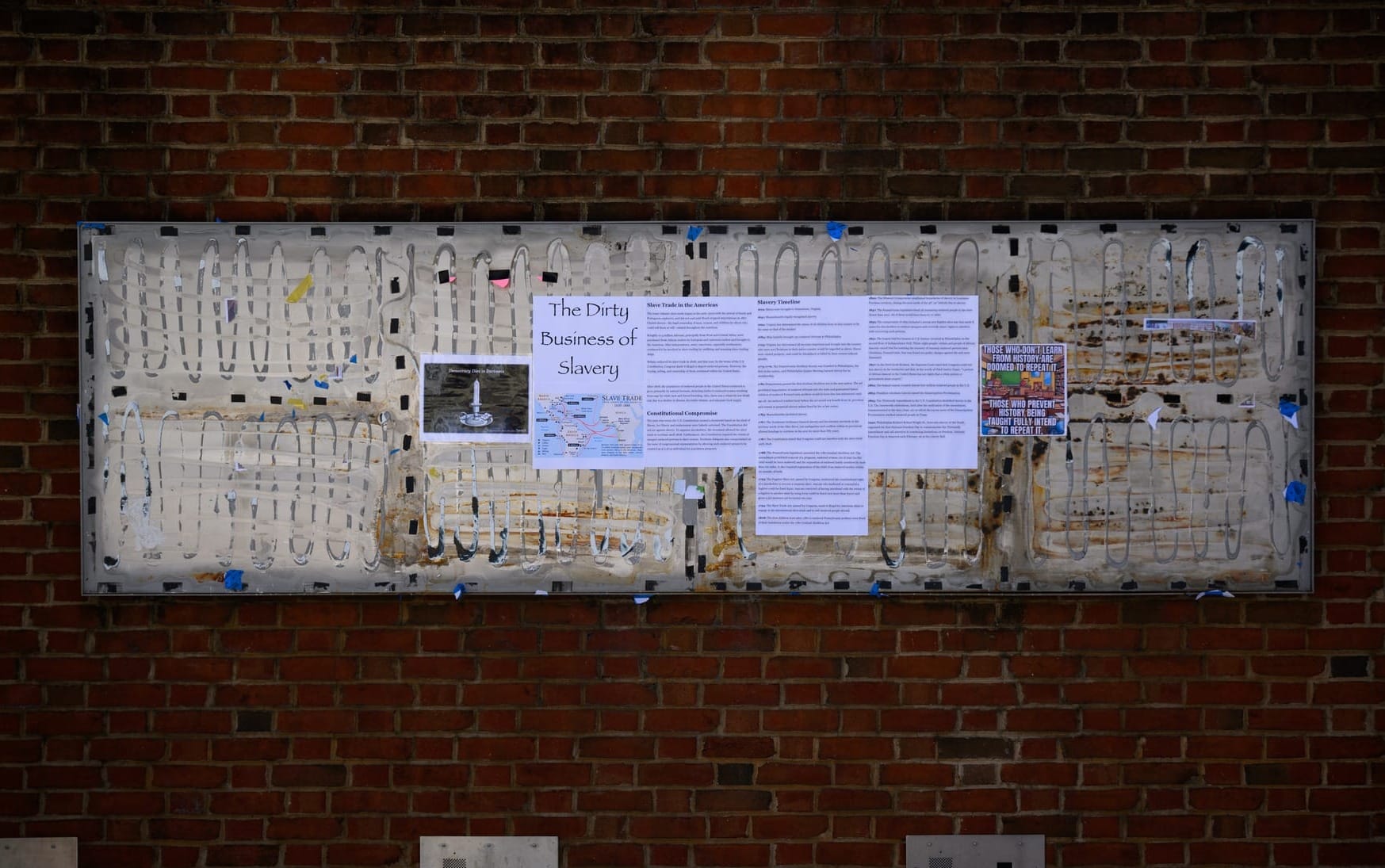Why Crime is Decreasing in Philadelphia: Progressive Prosecutors
In recent months, studies have emerged that paint a surprisingly positive picture of crime trends in Philadelphia. Contrary to political rhetoric, Philadelphia has experienced a significant decrease in crime, particularly in gun violence.
In recent months, studies have emerged that paint a surprisingly positive picture of crime trends in Philadelphia. Contrary to political rhetoric, Philadelphia has experienced a significant decrease in crime, particularly in gun violence.
A thorough examination of police city data reveals that violent crime has dropped by 12% this year. Even more strikingly, homicides have been nearly cut in half, while shootings have decreased by 34%. This trend is not unique to Philadelphia; many major cities across the United States are witnessing similar declines in crime rates.
These findings may come as a shock to many, given the prevalent narrative surrounding urban crime in political discourse. Republican elected officials have frequently criticized Democrats, claiming they are "ruining American cities" and transforming them into "crime-infested" communities. FOX News hosts regularly parrot this false talking point.
However, the latest data suggests that these claims are far from accurate. Of course, this positive trend doesn't mean crime has been eradicated in American cities like Philadelphia or really in any community. Any instance of violent crime is a serious matter, the victims should receive justice and perpetrators must be held accountable. Nevertheless, these new data points demonstrate that the criminal justice reforms embraced by cities like Philadelphia, spearheaded by District Attorney (DA) Larry Krasner, are having a tangible and positive impact on reducing violent crime.
Krasner, who took office in 2018, has been a vocal advocate for progressive criminal justice reform. His approach emphasizes alternatives to incarceration, addressing the root causes of crime, and focusing resources on serious offenses rather than low-level infractions. For example, Krasner dedicated substantial resources in the DA’s office to take a notorious gang leader off the streets.
Critics have attacked the progressive prosecution strategies Kranser employs, predicting they would lead to increased crime rates. However, the current data suggests that these reforms may be more effective than traditional "tough on crime" approaches. Several factors may contribute to this decline in crime rates.
One significant element is the increased focus on community-based interventions and violence prevention programs. These initiatives aim to address the underlying social and economic issues that often lead to criminal behavior. By investing in education, job training, mental health services, and addiction treatment, cities like Philadelphia are tackling crime at its roots rather than simply reacting to it.
It’s essential for policymakers, law enforcement officials, and community leaders to base their decisions on data rather than outdated perceptions or empty rhetoric about criminal justice reform. The decline in crime rates in Philadelphia and other major cities demonstrates that progressive approaches to criminal justice yield positive results.
The recent data on crime reduction in Philadelphia and other cities offers a ray of hope. It suggests that with the right policies, community engagement, and a focus on addressing root causes, we can create safer cities for everyone. Prosecutors in cities must remain open to evidence-based approaches and resist the temptation to fall back on fear-mongering rhetoric that doesn't align with the facts on the ground.





